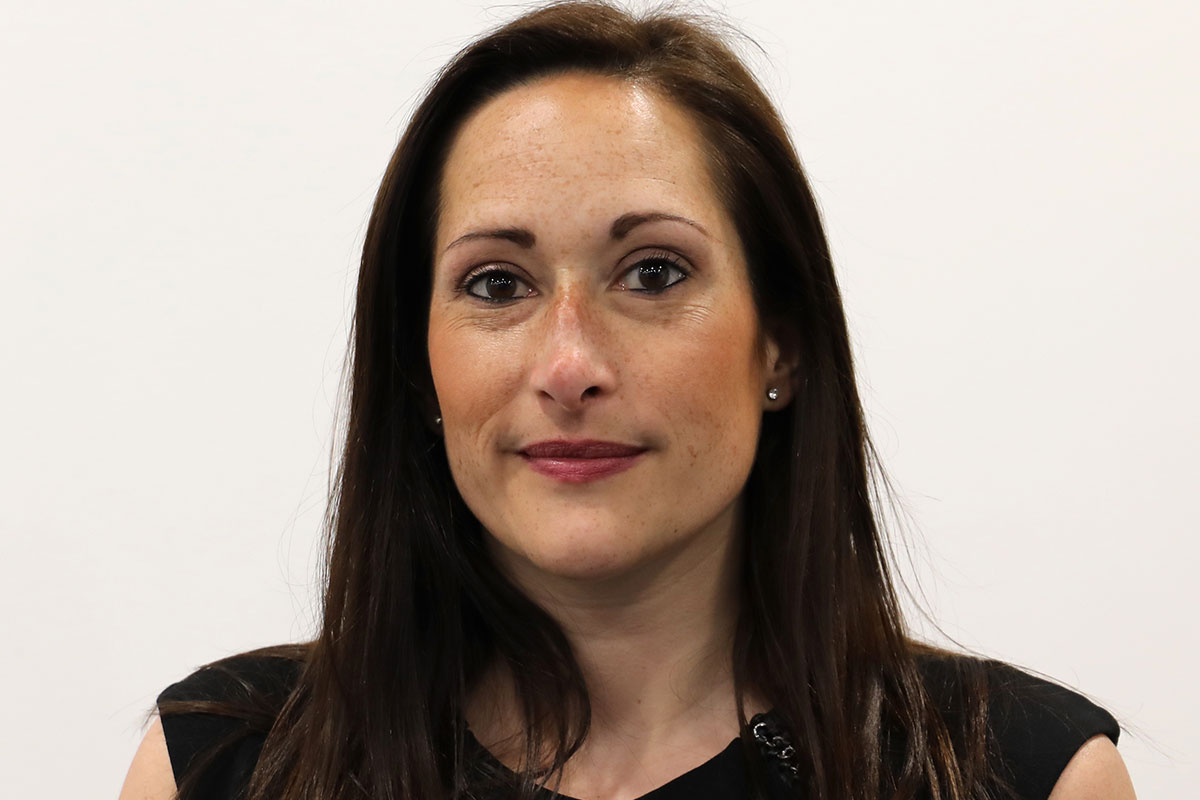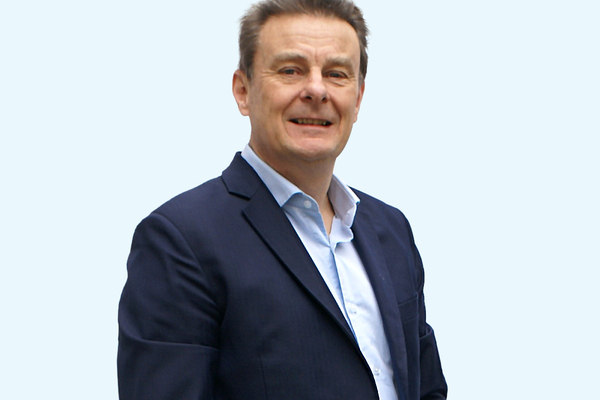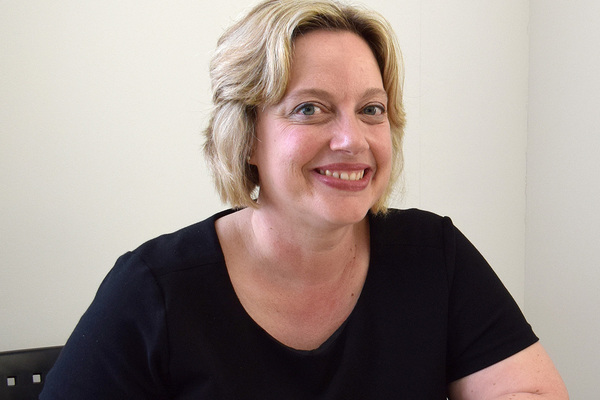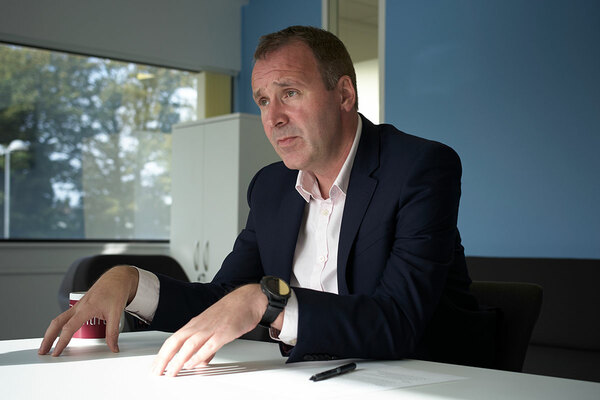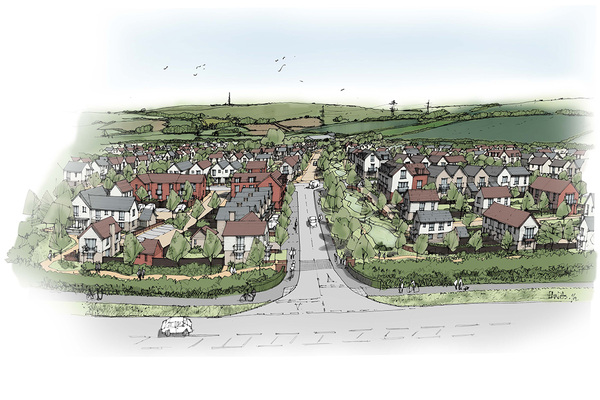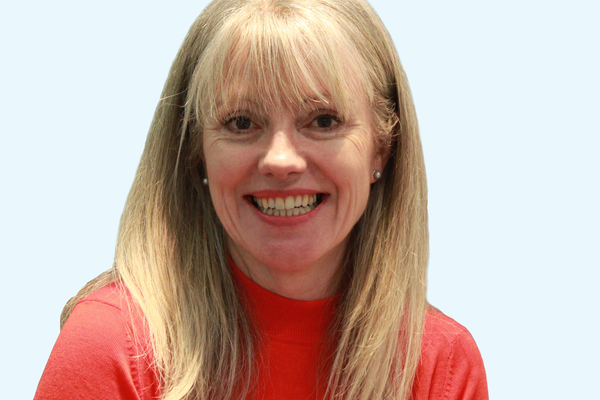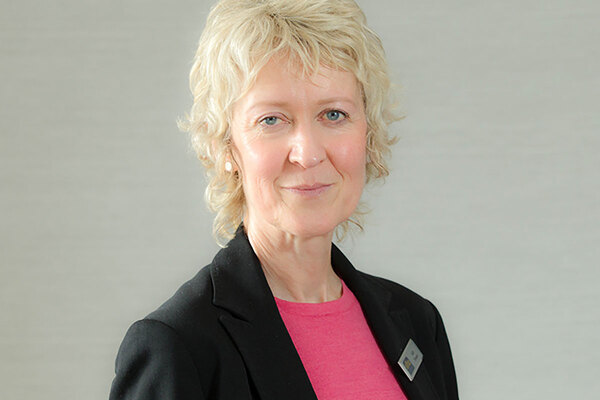15 minutes with... Rose Bean
Rose Bean has been appointed to a newly created executive role overseeing the switch to a more sustainable future at Abri, the housing association based in the South of England. Peter Apps asks her what the job will entail
What is new about the role you have taken on?
It is really about putting in a senior role to guide us through and make some meaningful changes to the business.
The key point here is that it’s focused on sustainability. So Abri is signalling the significance of the climate change agenda.
It is quite an exciting and unusual role for the sector – to have an executive role focused on sustainability.
Do you think that is a sign of the growing priority of climate change?
I think it will be the direction of travel for the sector, because climate change is a significant threat to our sector.
I think what Abri is doing is signalling quite early on that we recognise that the climate change agenda is one of our key focuses and it commands that senior role in order to support the development of our strategy.
What are the big things you will be working to change at Abri?
We are developing quite an ambitious environment and climate strategy. This will involve really looking at our entire carbon footprint as a business.
I think that is really important, because the sector is quite focused purely on decarbonising stock at this stage.
And, actually, we’ve got to remember that we’ve got to decarbonise our business as well.
It is a major, major change programme we are going on during the next 12 months.
What targets are you trying to achieve?
The first key milestone will be getting all of our stock to EPC Band C by 2030. [Energy Performance Certificates are required whenever a property is built, sold or rented and indicates the energy efficiency of the building.]
We have targets around our new build standard, so we are redefining the targets that we set there.
What this really is about is moving from where the sector is in terms of the common suite of targets, to a much broader roadmap for all of our business activities.
Is reaching net zero carbon dioxide emissions something the sector can afford to do on its own?
It’s a major challenge. The current government funding in light of the manifesto represents about 4% of the total cost of decarbonising the sector’s asset base, so it’s a huge, huge challenge.
We do need to work with the government to understand how we can develop that – that greater certainty.
But it is not going to come solely down to government funding. There is going to be a need for the sector to explore how else we can fund this challenge and continue to build.
Will there be a new build reduction at Abri?
No, the country is in a housing crisis.
Fundamentally, we need to continue to build homes. So we have to find a solution that allows us to continue to tackle the housing crisis while also tackling the climate crisis.
What should be done with homes that cannot be brought up to standard?
There will always be properties that are physically really difficult to bring up to standard and there will be properties where even getting to Band C will be quite costly and quite inefficient.
I think the real challenge for the sector is how we tackle that. Should we be selling off stock that isn’t very energy efficient – that is really inefficient – to get to these targets? What is the impact of that, in terms of where those homes are and the impact on communities? So I think the sector has a really difficult decision to make in terms of what it does with that stock.
We are currently looking at it from the perspective of what is right for our organisation. We are working with the NHS, we are having conversations across the sector.
But, from a personal point of view, I think there is a moral element to this, in terms of [whether it is right to] just make it someone else’s problem.
What are you looking at in terms of technology? Is there anything that may change the game?
The whole transition to net zero is reliant on technology and technological advancement. So there is no doubt that this is absolutely the direction of travel.
But I think what we’re also really focused on is the supply chain. There is a real problem at the moment, in the sense that we don’t actually have the skills or the supply chains in place to even deliver current technology.
How optimistic are you that net zero can be met – not just at Abri but across the housing sector?
Ultimately, we don’t have a choice. We do need to deliver on this. The UK’s housing stock plays such a significant role in terms of climate impacts and the decarbonisation agenda.
I think the challenge at the moment, for the sector, is a real lack of understanding or clarity on what the target is and what our roadmap is to get there. So at the moment the sector is just looking for that clarity in terms of our journey and the targets we are actually setting.
Abri is really focused on bringing some of the thought leadership in terms of how we get there.
Sign up for our Week in Housing newsletter
Already have an account? Click here to manage your newsletters
